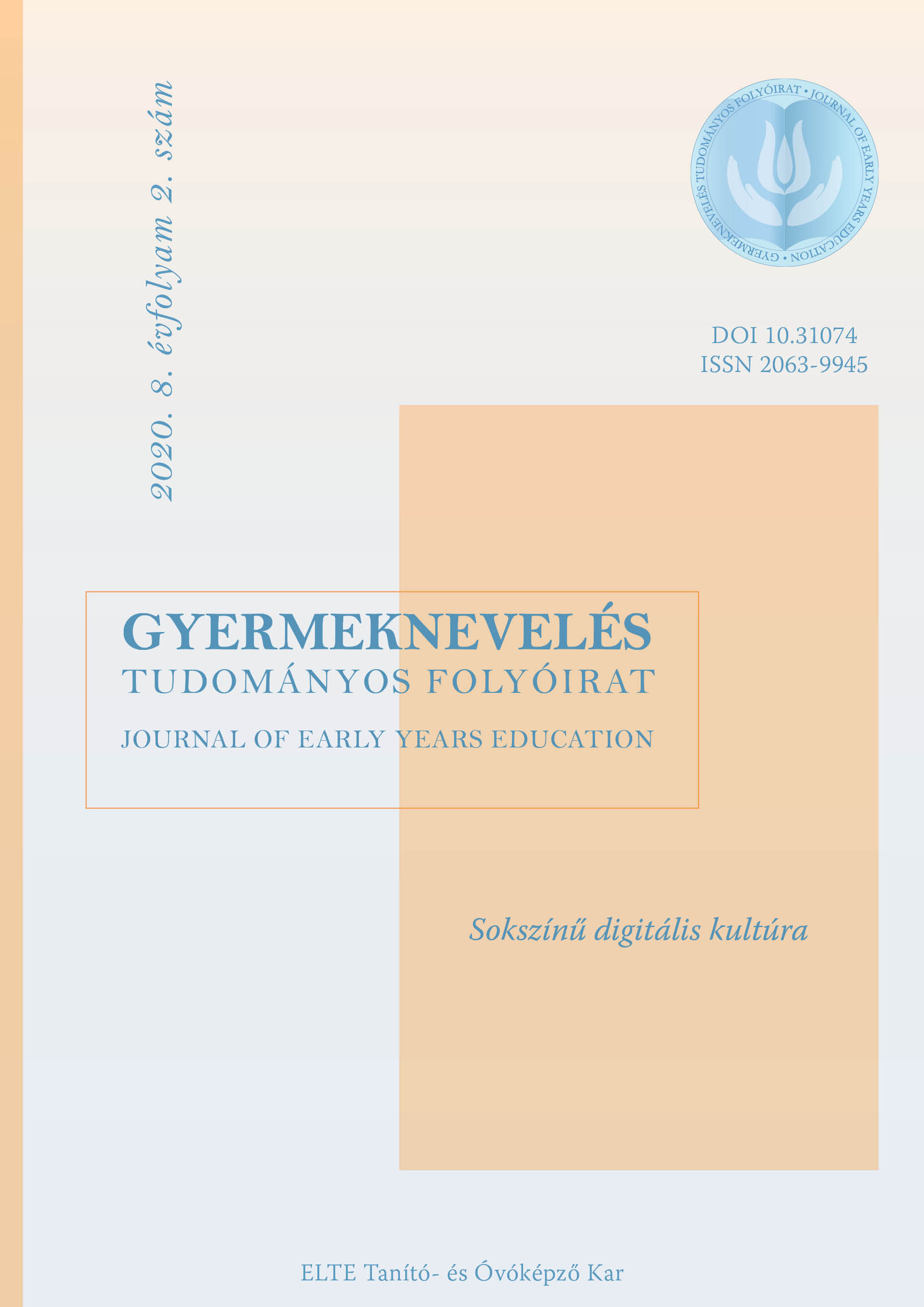Usage of smart devices from the perspective of cognitive sciences
DOI:
https://doi.org/10.31074/gyntf.2020.2.133.145Keywords:
smart phone, virtual reality, gamification, brain plasticityAbstract
The authors review those cognitive factors whose changes underpin the use of smart devices and present the educational opportunities and challenges of the 21st century. The review covers the early stages of using digital devices, the potential benefits, obstacles and dangers of using smartphones. The analysis is based on the description of basic neuronal changes during learning and provides an overview of the conditions and correlational factors necessary for systematic and rigorous research to shed light on the brain changes that accompany the use of smart devices. The reliability of data and models based on the study of brain changes that determine the development and deviations of basic skills, highlighted by authors in reading, early mathematics and music education, show a number of examples of why only a few reliable neuroscientific data are available on learning assisted by smart devices. Specifically, the study puts an extra emphasis on those factors that contributed to the limited knowledge about the impact of digital teaching methods, especially the use virtual reality and gamification, on the brain networks’ changes as compared to the other factors of learning.
Downloads
Downloads
Published
How to Cite
Issue
Section
License
Copyright (c) 2020 Author

This work is licensed under a Creative Commons Attribution-NonCommercial-ShareAlike 4.0 International License.

